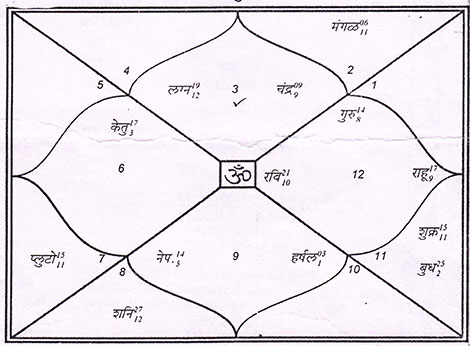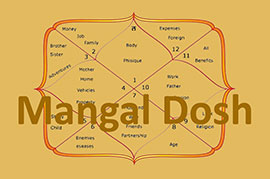+91 84278-01008
Depictions of hypnosis on stage and screen, in fact, have contributed to a great deal of misunderstanding about the technique. But a closer look reveals that it can be a valuable and effective medical therapy.
Nor is hypnosis simple relaxation or deep sleep. Instead, it's an altered state of consciousness that heightens suggestibility and weakens critical judgment. For example, someone who is hypnotized may have
trouble telling fantasy from reality, whether or not he or she is ordinarily susceptible to fantasy. A person might become especially receptive to suggestions from the hypnotist or in certain cases, may
forget things that happened during a session.
Partly because people are more open to suggestion under hypnosis, the procedure is increasingly used as a healing tool in both conventional and alternative medicine. Many doctors, psychiatrists, psychologists, and other health professionals have integrated hypnosis into their practices in order to help patients cope with chronic pain, lose weight, deal with grief or anxiety, and stop smoking, among other things.

Once you're accustomed to slipping into a hypnotic trance, you can often learn to enter the state on your own. There are many books and tapes that teach self-hypnosis (often with promises to help you lose weight or quit smoking), but self-hypnosis works best if it's reinforced by regular contact with a therapist.
Hypnosis offers a lot to people suffering from addictions, chronic pain, or certain other conditions. Recent research indicates that it's also effective in the treatment of psychological problems such as phobias and anxiety. Here's a look at some of the most common uses of hypnotic therapy:
Smoking:- Hypnosis can help some people kick the habit, although it's not the surefire remedy so often heralded in advertisements. Several carefully controlled studies suggest that 20 to 35 percent of smokers who undergo hypnosis conducted by highly trained therapists still haven't picked up a cigarette a year later -- an impressive success rate, even if it doesn't match some promises.
Pain:- The mind can be a powerful painkiller. Soldiers in the heat of battle and athletes caught up in competition may suffer terrible wounds and feel only a twinge. In much the same way, hypnosis can help people use their minds to tune out pain.
Anxiety:- One or two sessions of hypnosis can often help people overcome anxiety or phobias. Patients relax while they're in a trance, and that relaxation can spill over into the rest of their lives. They may gain more control over their emotions, and some are able to face things or situations that once terrified them.




 +91 7087844333
+91 7087844333
 +177 83841579
+177 83841579
 +91 9417344333
+91 9417344333

Donec id elit non mi porta gravida at eget metus. Donec id elit non Vestibulum id ligula porta felis euism od semper. Nulla vitae elit libero
Need help with designing your brand new website or you have any idea and thinking of getting it’s branding done then get a FREE quote today.
Call Us +91 84278-01008 Send an Email on swami_sikander2003@yahoo.co.uk Visit Us:-First Floor,Sant Cinema Market,Old Railway Road-Jalandhar City
India
© Copyright 2019 by Horoscope. All right Reserved - Design By Sriraj